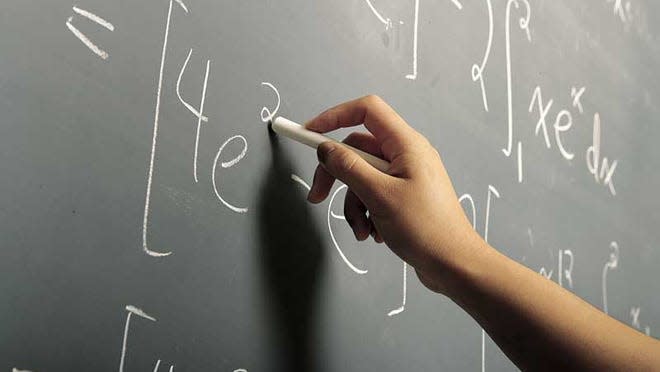Guest opinion: 'I believe public schools are a public good'

As a former teacher educator and school board member, I am a strong advocate for public schools. Since moving to Naples in 2016, I have learned that Floridians hold widely divergent views about public education. These differences matter.
I believe public schools are a public good. They exist to educate the citizenry of today and tomorrow by teaching the principles on which our country was founded and our future depends. Students of different backgrounds, religions, languages, and worldviews taught by competent and caring teachers are encouraged to accept one another, learn from each other, and work together. They learn to think critically, to problem solve, and to value the ways that people are different as well as the ways we are alike. They acquire the skills to become effective employees and responsible citizens.
Public schools serve the entire community. Although my children are no longer school-aged, I continue to advocate for increased funding for public schools so they will have the resources necessary to fulfill their mission. As public entities, supported by public funds, public schools are governed by representatives elected to local boards of education. Parents and community members directly affect what happens in public schools: first, by voting for board members to represent them; second, by communicating with those who are elected.
In contrast, some people believe public education is best conducted through distribution of public monies to parents to use to send their children to the schools of their choice. This trend is most evident in the billions of dollars allocated to vouchers in Florida in recent years—scholarship funds that have helped parents send their children wherever they want. This money goes to private and religious schools that are not accountable to the public; not governed by state regulations related to teacher certification, curriculum, or assessments; and not subject to anti-discrimination laws that protect minorities, LGBTQ students, and students with special needs, to name a few.
Whether support for vouchers is a view held by a majority or just a loud, influential minority is unclear. Either way, its defenders have successfully persuaded the State Legislature to continually increase public funding of voucher programs, including money for religious schools—arguably contrary to constitutional separation of church and state. Without question, increasing the funding that supports private and religious schools makes less money available to support public education.
I write now with the hope of alerting others to these competing views and to the fact that the voucher proponents appear to be winning, to the detriment of Florida’s public schools. If you believe that excellent public schools are essential and benefit the entire community, and that public funds should support public schools and not private or religious schools, please get involved now. Advocate for public education.
More specifically, pay attention to the School Board races in August. In Collier County three of five seats are up for election. Research the candidates. Identify the three who will represent your values, work to sustain what is already excellent, and improve what needs to be made better. If you will be away in August, ask for your vote-by-mail ballot now. Usually, the winners are determined in that primary election; only if no candidate receives 50% in a particular race will that contest be decided in November.
Competing visions of public education threaten our public schools and community. If you are — like many among us — people who care about our public schools silently, it’s time to speak up. Use your voice and your vote to show you care.
Naples resident Dr. Sharon Harris-Ewing is a Professor of Education Emerita, Roberts Wesleyan College, Rochester, N.Y., a former Board Member and President, Williamsville Central School District, Williamsville, N.Y., and has a Ph.D. in Educational Psychology, 1999, University at Buffalo, Buffalo, N.Y.
This article originally appeared on Naples Daily News: Competing visions of public education pose a threat

